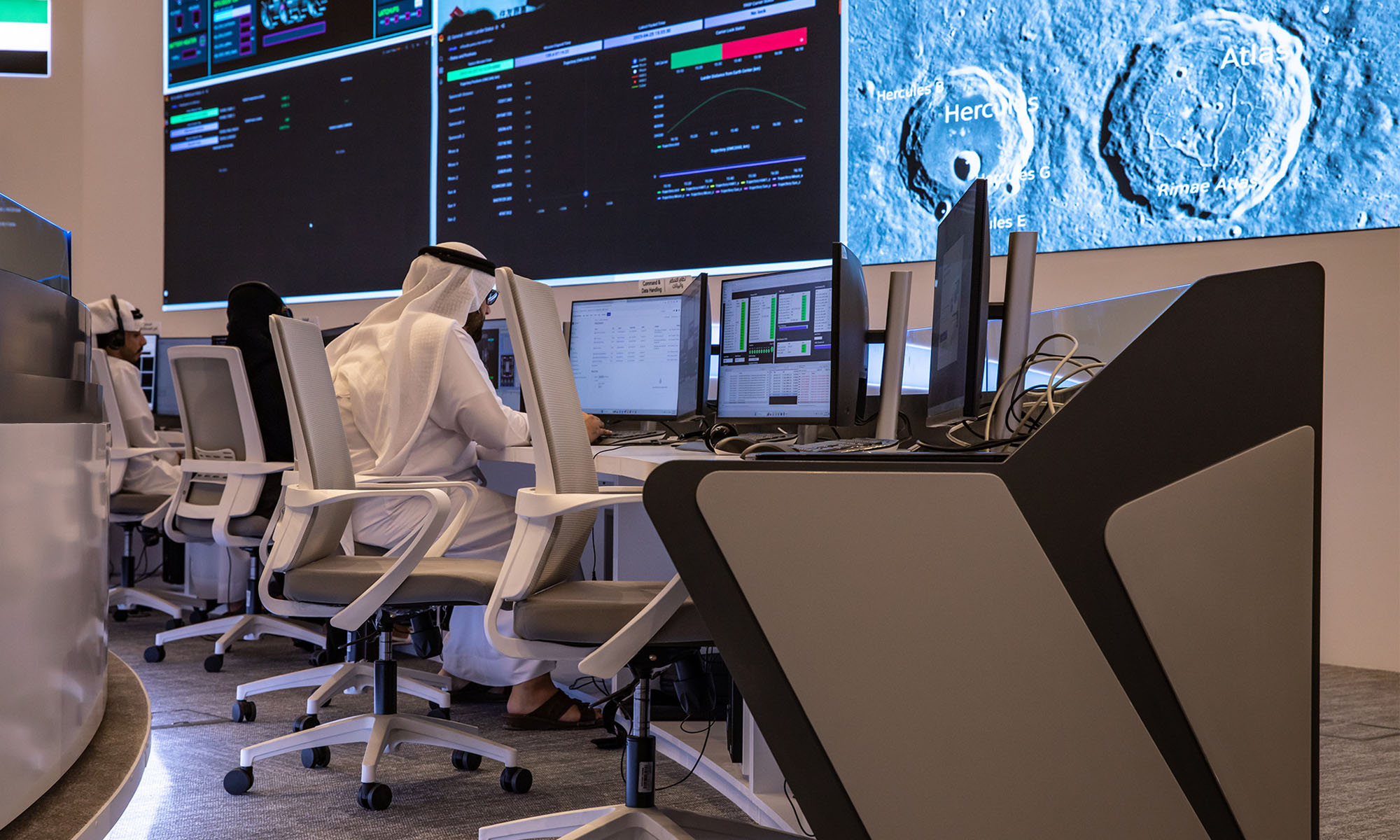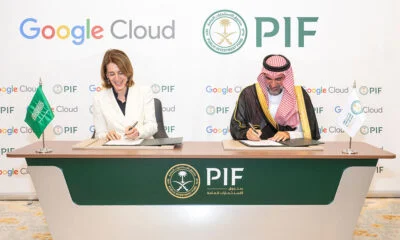News
Global Tech Giants Boost Saudi Presence Due To State Pressure
Firms including Amazon, Google, and Microsoft face government legislation designed to curb economic leakage.

Global technology heavyweights, such as Amazon, Google, and Microsoft, are actively expanding their presence in Saudi Arabia in response to the government’s intention to withhold contracts from companies lacking regional headquarters within the country.
The move is part of a greater economic agenda that involves curbing the substantial amount of state and citizen spending that exits the country annually. As part of that plan, the government seeks to cease awarding contracts to international firms that merely shuttle executives in and out of the Kingdom.
Saudi Arabia introduced the new regulations in February 2021, citing a desire to minimize “economic leakage”. As per government records, all three of the US corporations mentioned above have now obtained licenses to establish regional headquarters in Riyadh in adherence to the January 1st deadline.
Towards the end of 2023, there was a noticeable surge in activity among large corporations aiming to establish local headquarters. Notable among the firms that have already received licenses are Airbus, Oracle, and Pfizer.
In further efforts to bolster the economy and attract international investments, Crown Prince Mohammed bin Salman has also eased restrictions on gender mixing, women driving, and public entertainment. Nevertheless, limited lifestyle options and policies such as the continued alcohol ban have deterred many foreign executives from residing in the country.
Also Read: Oman Plans To Have 22,000 EVs On Its Roads By 2030
However, Saudi Arabia’s status as the largest economy in the region, along with plans to invest trillions of dollars to become a tourism and commercial hub, has prompted numerous multinational corporations to reevaluate their Middle East operations.
Recent Saudi economic policies are widely seen as an attempt to compete with Dubai, the Middle East’s foremost business hub, which has long attracted multinational firms due to its lifestyle, low taxation, and connectivity. So far, more than 200 firms have already received headquarters licenses, including Bechtel, PwC, and PepsiCo, all of whom have announced Riyadh as their regional headquarters.
News
Samsung Smart Glasses Teased For January, Software Reveal Imminent
According to Korean sources, the new wearable will launch alongside the Galaxy S25, with the accompanying software platform unveiled this December.

Samsung appears poised to introduce its highly anticipated smart glasses in January 2025, alongside the launch of the Galaxy S25. According to sources in Korea, the company will first reveal the accompanying software platform later this month.
As per a report from Yonhap News, Samsung’s unveiling strategy for the smart glasses echoes its approach with the Galaxy Ring earlier this year. The January showcase won’t constitute a full product launch but will likely feature teaser visuals at the Galaxy S25 event. A more detailed rollout could follow in subsequent months.
Just in: Samsung is set to unveil a prototype of its augmented reality (AR) glasses, currently in development, during the Galaxy S25 Unpacked event early next year, likely in the form of videos or images.
Additionally, prior to revealing the prototype, Samsung plans to introduce…
— Jukanlosreve (@Jukanlosreve) December 3, 2024
The Galaxy Ring, for example, debuted in January via a short presentation during Samsung’s Unpacked event. The full product unveiling came later at MWC in February, and the final release followed in July. Samsung seems to be adopting a similar phased approach with its smart glasses, which are expected to hit the market in the third quarter of 2025.
A Collaborative Software Effort
Samsung’s partnership with Google has played a key role in developing the smart glasses’ software. This collaboration was first announced in February 2023, with the device set to run on an Android-based platform. In July, the companies reiterated their plans to deliver an extended reality (XR) platform by the end of the year. The software specifics for the XR device are expected to be unveiled before the end of December.
Reports suggest that the smart glasses will resemble Ray-Ban Meta smart glasses in functionality. They won’t include a display but will weigh approximately 50 grams, emphasizing a lightweight, user-friendly design.
Feature Set And Compatibility
The glasses are rumored to integrate Google’s Gemini technology, alongside features like gesture recognition and potential payment capabilities. Samsung aims to create a seamless user experience by integrating the glasses with its broader Galaxy ecosystem, starting with the Galaxy S25, slated for release on January 22.






















